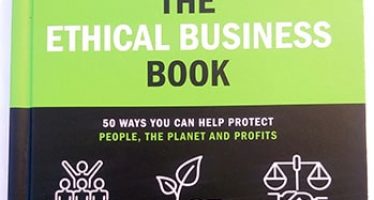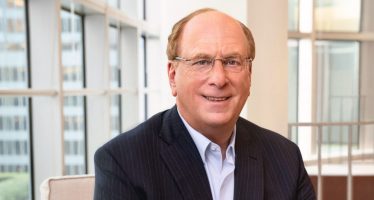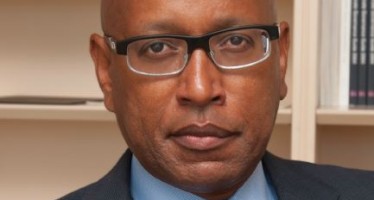World Bank: Helping Electrification Efforts in DRC
 Sub-Saharan Africa is blessed with large hydropower resources that can bring electricity to homes, power businesses and industry, light clinics and schools, and spur economic activity, creating jobs and improving human well-being. Yet, only 10% of this hydropower potential has been mobilized, weakening the fight to end poverty and boost shared prosperity on the continent.
Sub-Saharan Africa is blessed with large hydropower resources that can bring electricity to homes, power businesses and industry, light clinics and schools, and spur economic activity, creating jobs and improving human well-being. Yet, only 10% of this hydropower potential has been mobilized, weakening the fight to end poverty and boost shared prosperity on the continent.
To combat this, the World Bank Group’s Board of Executive Directors on March 20th approved a US$73.1 million grant to the Democratic Republic of Congo (DRC) for the Inga 3 Basse Chute (BC) and Mid-size Hydropower Development Technical Assistance Project.
DRC’s overall hydropower potential is estimated at 100 gigawatts (GW), the third largest in the world, behind China and Russia. Only 2.5% has been developed. With a 40 GW potential, Inga is the world’s largest hydropower site and its proper development can make it the African continent’s most cost-effective, renewable source of energy with an estimated generation cost of US$ 0.03 per kilowatt hour.
“DRC’s overall hydropower potential is estimated at 100 gigawatts (GW), the third largest in the world, behind China and Russia.”
The technical assistance project will finance in a flexible manner a series of environmental, institutional, social and technical studies that will guide sustainable development of the Inga 3 BC and selected mid-size hydropower projects, with the ultimate goal of bringing more electricity to millions of people who currently have no access.
The project presents a unified World Bank Group approach to support the Government of DRC in developing under a public private partnership Inga 3-BC and mid-size hydropower project through a flexible government-led, transparent process. The project will create functional national institutions such as the Inga development agency to pilot the site development and award concessions on a competitive basis. No construction or operational activities will be funded by the technical assistance project.
Transformative projects that expand people’s access to electricity are central to achieving the twin World Bank Group goals of ending extreme poverty and creating shared prosperity in Sub-Saharan Africa. The task of bringing electricity – through grid, mini-grid, and off-grid solutions – is urgent. With only one in three Africans having access to energy, and only one in 10 Congolese citizens having electricity, the challenge could not be greater.
You may have an interest in also reading…
Customer Commandments and Importance of the ‘R’ in CSR: Ignore this at your Peril
The Ethical Business Book by Sarah Duncan Reviewed by John Foot Sarah Duncan is to be congratulated on producing The
Uncertainty is the Only Certainty for BlackRock Founder Larry Fink — but his Outlook is still Positive
Kind-hearted, controversial, keen on going green: the billionaire Larry Fink champions worthy causes without fear or favour By TONY LENNOX
IFC: Capital Markets Key to Development
Ending extreme poverty for good and building shared prosperity across the developing world takes money – a lot of money.


















































































